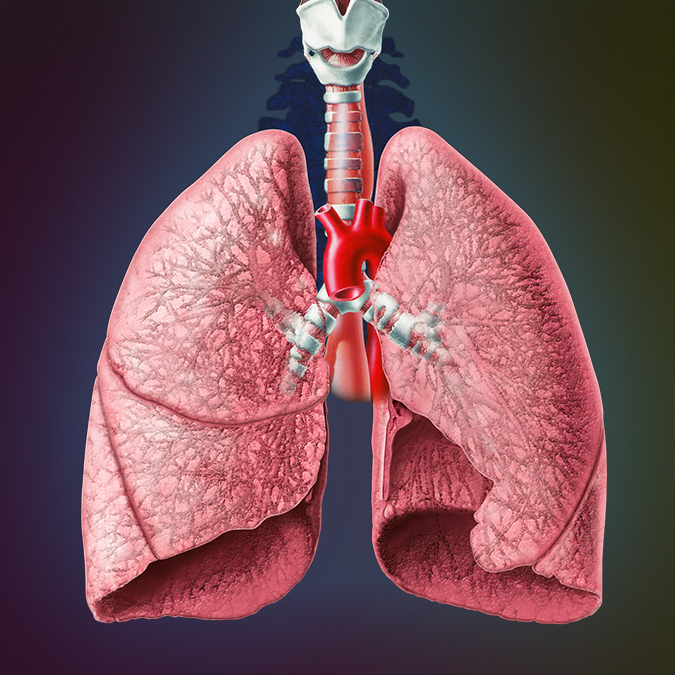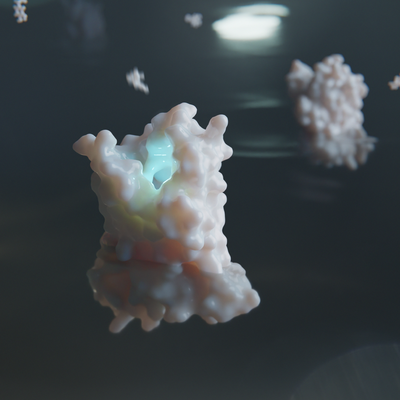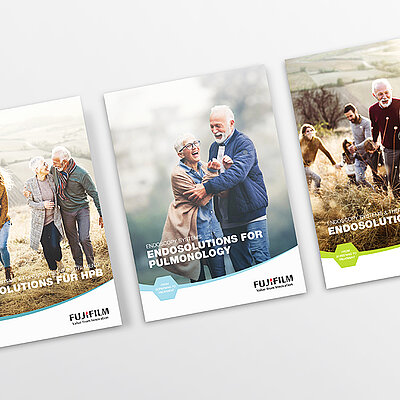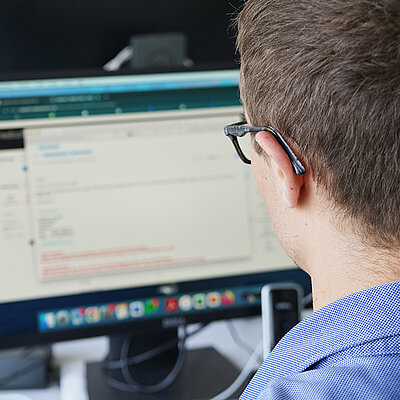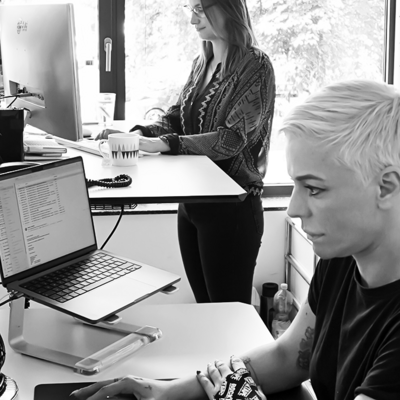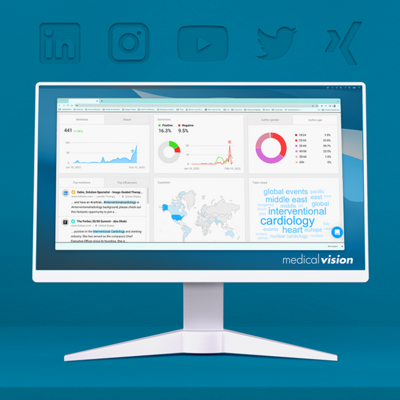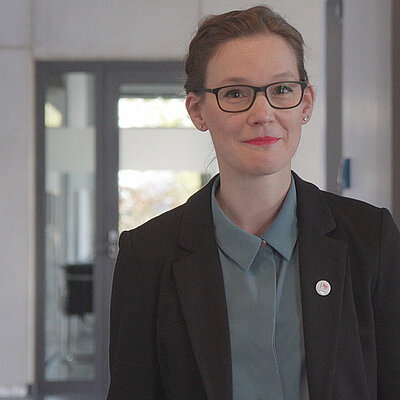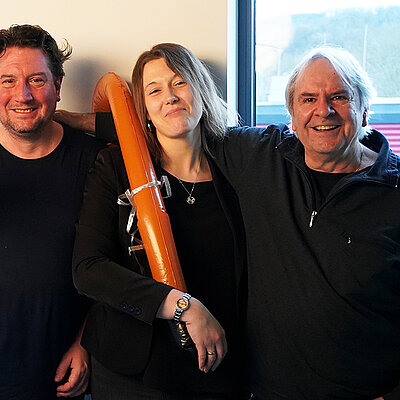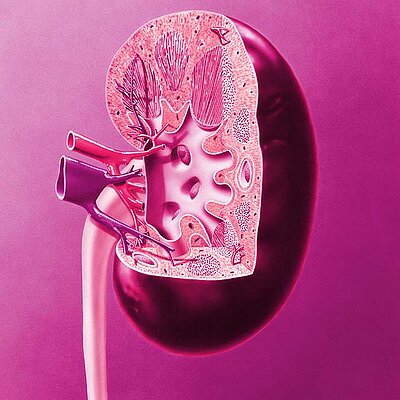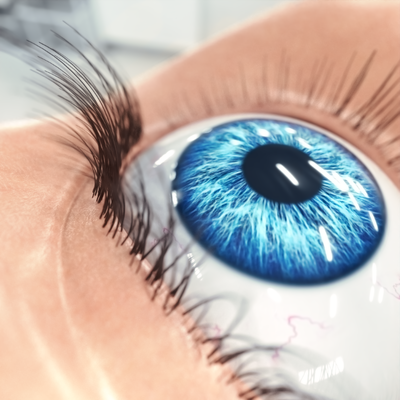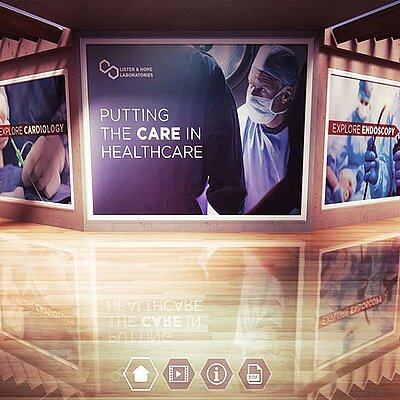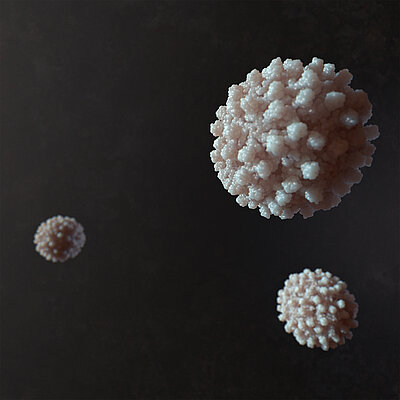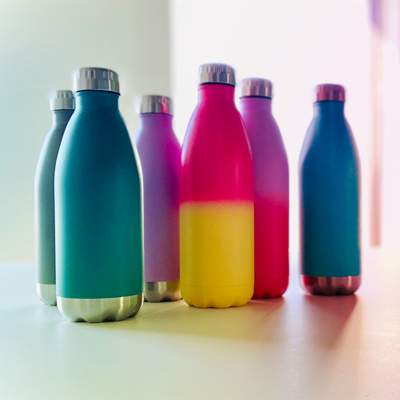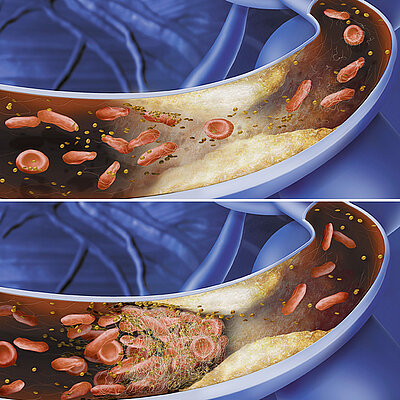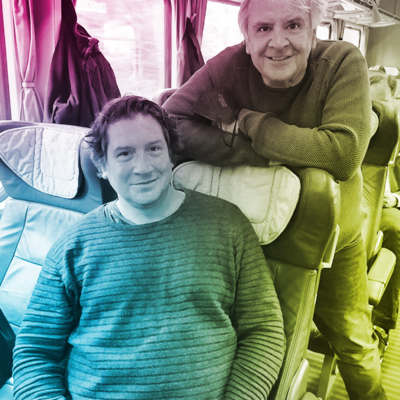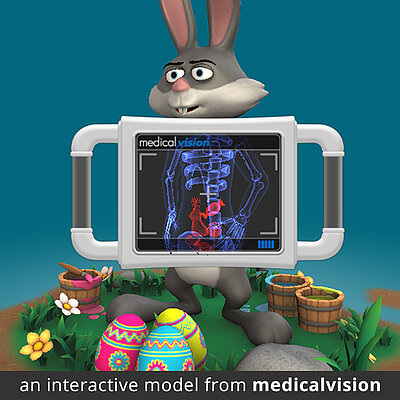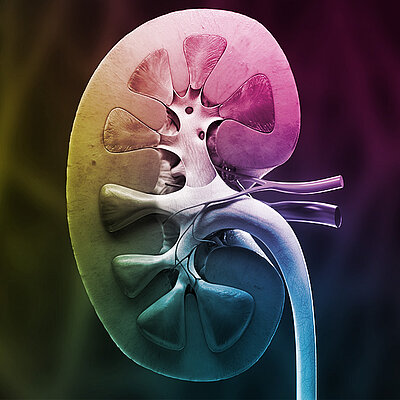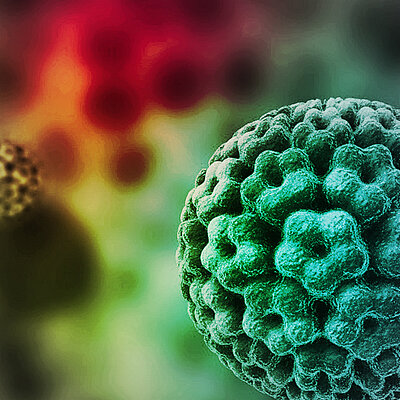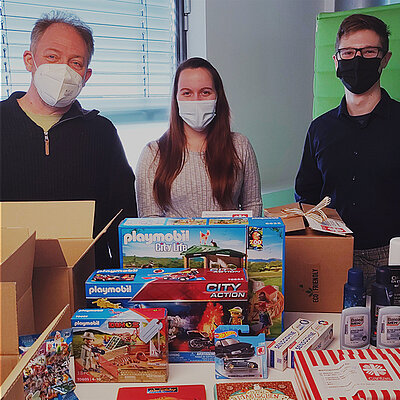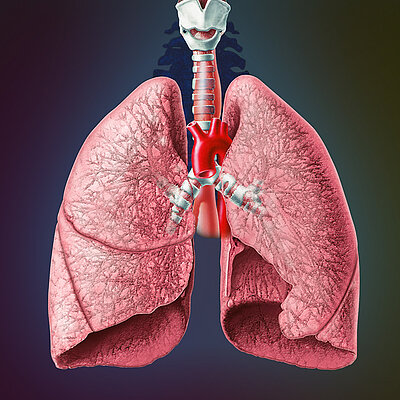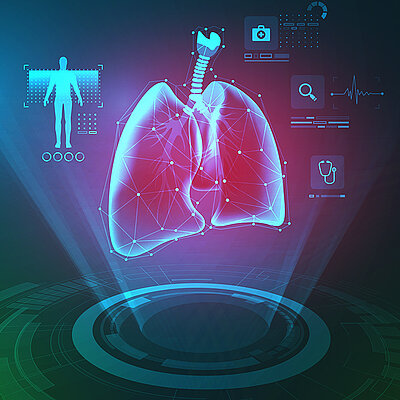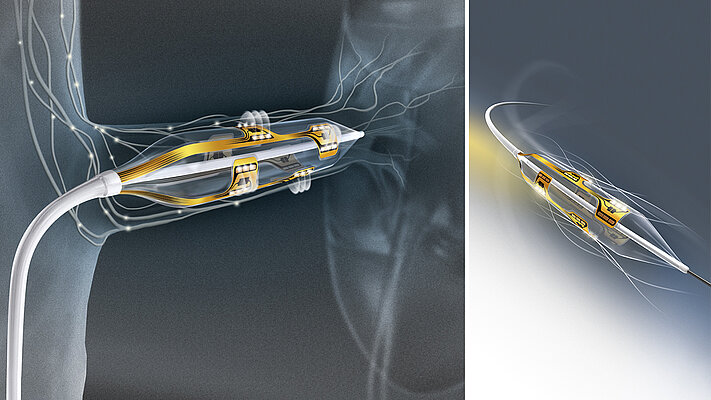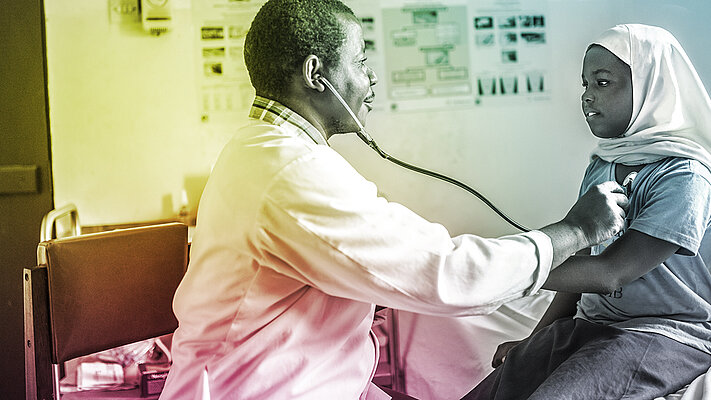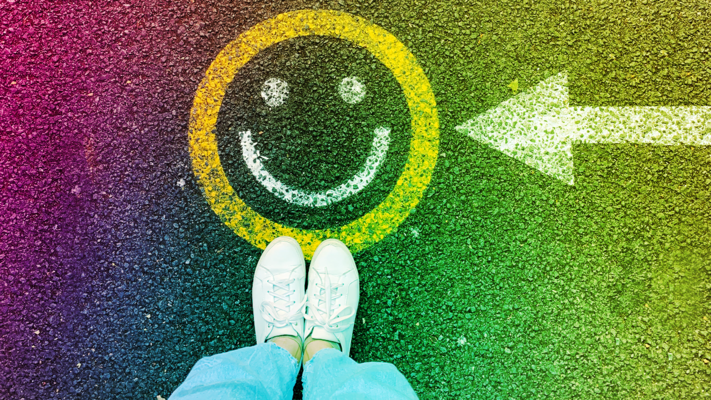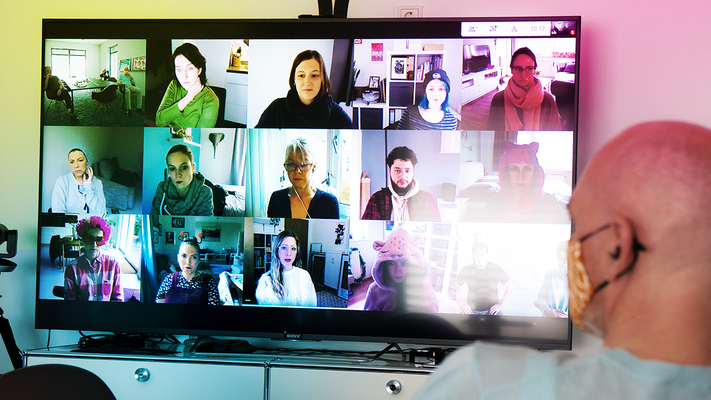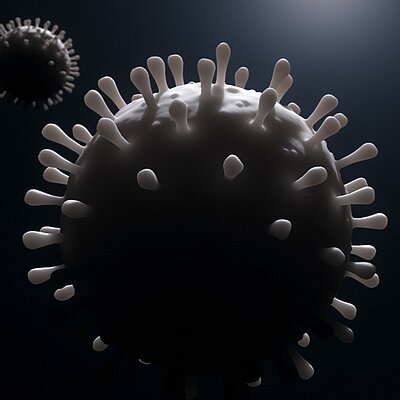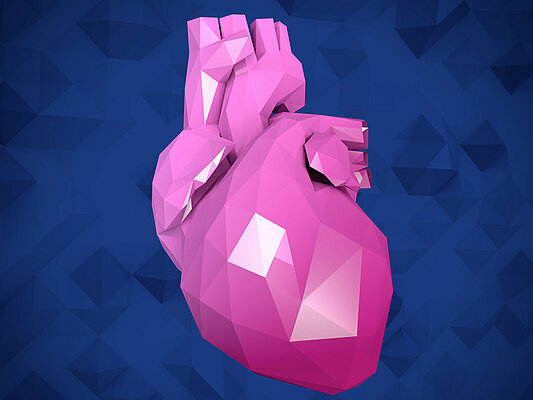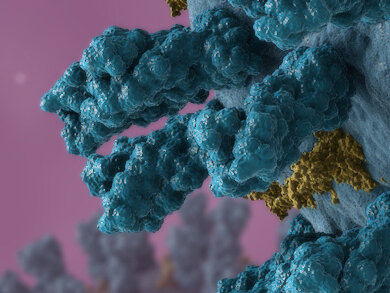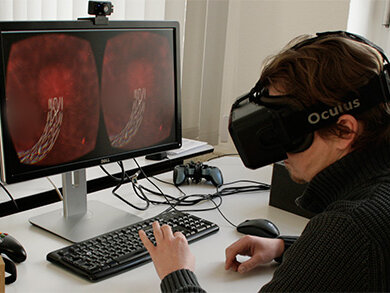Author: Marta Waniek
Keep Your Lungs Healthy
The lungs are one of the most important organs in our bodies. They are critical to our survival through their basic function of allowing oxygen into our system while at the same time expelling harmful carbon dioxide.
The lungs play a critical role in our bodies' ability to absorb oxygen which is why it's so important for us to take good care of them. If you're not healthy enough to do this efficiently then it could be hard for your immune system to fight off lung cancer– which is why maintaining good respiratory health needs constant attention. In today's blog post we’ll go over some tips on how keep your lungs running smoothly – including advice on how to stop smoking as well other things that can reduce risk factors.
November is a month dedicated to raising awareness about lung cancer and Chronic Obstructive Pulmonary Disease. While the focus is on lung cancer – it's important to remember that these two respiratory conditions often go hand-in-hand.
7 TIPS: HOW TO KEEP YOUR LUNGS HEALTHY
KEEP YOUR HOME FREE OF ALLERGENS
Vacuuming regularly keeps dust and allergens to a minimum, which will help lungs stay healthy. For asthma sufferers or those with allergies, this may be especially important as the lungs are already compromised. The cleaner you keep your home, the less likely it is that breathing problems will arise.
QUIT SMOKING
Cigarette smoke is very harmful to the respiratory system and can lead to lung cancer or other cancers. Smoking is the leading cause of lung cancer and a major risk factor in developing chronic obstructive pulmonary disease (COPD). Despite antismoking efforts and health warnings, many continue to smoke or begin smoking every year. Tobacco consumption among children under the age of 18 is currently at about 12%*.
There is no safe amount of smoking and the only way that you will see improvements in lung function over time, as well as stave off future health issues, is by quitting altogether. There are many resources to help you quit smoking, including counseling and medication. If going it alone sounds too intimidating, there are resources available online with information about how to stop smoking - from nicotine patches and gum to hypnosis and medications. Doing a little research and talking to your doctor can help you strategize the best method for you to quit.
GET OUTSIDE AND GET ACTIVE
Hike, bike, play tennis, exercise for at least 30 minutes a day... or nearly anything that gets your lungs pumping and your blood flowing. It's important to get the lungs working since it circulates oxygen throughout your body. In addition, the increased breathing cleanses the bronchi. People who work out regularly also tend to have better lung function than those who don't. In addition, exercising gives you an opportunity for stress relief – another factor that impacts overall lung health.
DRINK THE RIGHT AMOUNT OF WATER
Water helps keep lungs healthy and moist and makes them more elastic. Drinking water is important because lungs need to be hydrated to function properly. If lungs are dehydrated, they cannot expand or contract which can lead to breathing problems or even asthma attacks. But be careful: too much fluid can put pressure on the lungs of those who suffer from chronic lung disease since the pressure in blood vessels increases because of too much water**. If in doubt about how much water is right for you specifically, ask your doctor.
REDUCE THE EFFECTS OF AIR POLLUTION
You probably know that breathing polluted air can exacerbate respiratory problems, but pollution can also cause lung cancer. The lungs help filter toxins from the air we breathe.
This is another reason to keep a clean, dust free house, since it reduces the number of indoor air pollutants, which may cause health problems.
Air outside the home is also a factor, so it’s vital to take precautions when going outdoors. If you are going for a walk or jog (or basically any type of outdoor physical activity) t's best to go in the early morning before most people have left their homes and while there are fewer cars on the road which emit toxic fumes into the air.
More about air pollution here.
GET AN ANNUAL FLU SHOT AND VACCINATED AGAINST PNEUMONIA EVERY SIX YEARS
The flu shot is a vaccine that can help protect against influenza. Pneumonia is an infection in the lungs and is especially dangerous for older adults because their immune systems are weaker than in the earlier years of life. Getting immunized every six years helps prevent these risks.
WEAR A MASK WHEN YOU'RE SICK
Wearing a mask when you're sick is an excellent way to prevent others from getting sick in your own household. Not only will it protect against germs but wearing one in public can also help reduce the effect of allergies.
Keep your mask on until after your symptoms have subsided. Avoid sharing masks with other people as this may have the opposite effect and actually spread sickness and cleaning a mask effectively can be a tricky business.
CONCLUSION
The health of your lungs affects nearly every function in your body from heart rate to brain activity, and even affects how well you sleep at night. Thus it is important to take care of this vital organ. Some of the above-mentioned adjustments may be easier than others to implement but each of them can have a positive impact on your overall wellbeing due to healthier lungs, and isn’t that a breath of fresh air?
What are some other ways we can keep our lungs healthier? Leave us a comment on Twitter or Instagram!
*We are not a healthcare practitioner or health advisor. Please consult your physician before using our advice, as we cannot guarantee the success of any treatment you try based on the content of this article.

